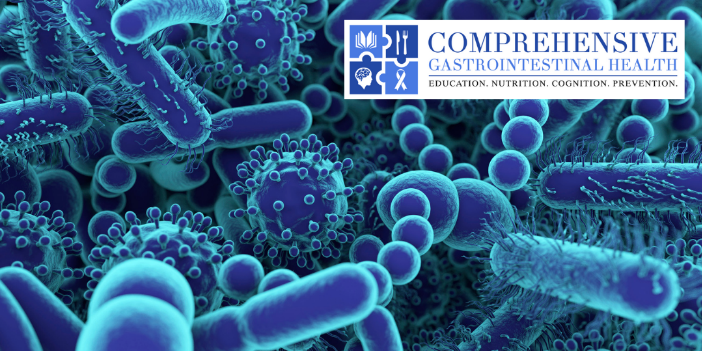FEEDING OUR MICROBIOME

FEEDING OUR MICROBIOME
by Jeff Nathanson, M.D.
We have known for some time that trillions of bacteria and other microbes live in our intestinal tract and play an important role in health, influencing our risk for developing all sorts of conditions, including heart disease and diabetes. Recently, as discussed in an article in the New York Times (How the Right Foods May Lead to a Healthier Gut, and Better Health), a large new international study has found that the composition of our microbiome is largely shaped by what we eat.
The researchers analyzed the diets, health, and microbiomes of more than a thousand people. They collected data on a wide range of factors that influence metabolism and disease risk, analyzing the participants’ diets, microbiomes and body fat. They took blood samples before and after meals to look at their blood sugar, hormones, cholesterol and inflammation levels. They monitored their sleep and physical activity. And for two weeks they had participants wear continuous glucose monitors that tracked their blood sugar responses to different meals.
What they found is that certain whole foods, namely high fiber foods such as spinach, broccoli, tomatoes, nuts, and seeds, as well as minimally processed animal foods such as fish and full-fat yogurt, were associated with a more favorable microbiome and good health. Conversely, highly processed foods with added sugars, salt, and other additives – juices, sweetened beverages, white bread, refined grains, and processed meats – were associated with bad “gut bugs” and worse cardiovascular and metabolic health.
Surprisingly, what people ate had a more powerful impact on the makeup of their microbiomes than their genes. Identical twins were found to share just 34 percent of the same gut microbes, while people who were unrelated shared about 30 percent of the same microbes.
“It goes back to the age-old message of eating as many whole and unprocessed foods as possible,” said Dr. Sarah E. Berry, a nutrition scientist at King’s College London and a co-author of the new study which was published last month in Nature Medicine.
“What this research shows for the first time is the link between the quality of the food we’re eating, the quality of our microbiomes and ultimately our health outcomes.”
Dr. Berry and her colleagues are now planning a clinical trial in which they will test whether telling people to change specific foods in their diets can alter levels of good and bad microbes in their guts and subsequently improve their health. One day the hope is that doctors and nutritionists may be able to prescribe personalized diets to people based in part on the unique makeup of their microbiomes and, in so doing, hopefully prevent or perhaps even treat some diet-related diseases.
If you would like to learn more about foods that promote health and a healthy microbiome, please schedule an appointment with one of our Registered Dietitians by either calling 224-407-4400 or visit us online at www.compgihealth.com.
